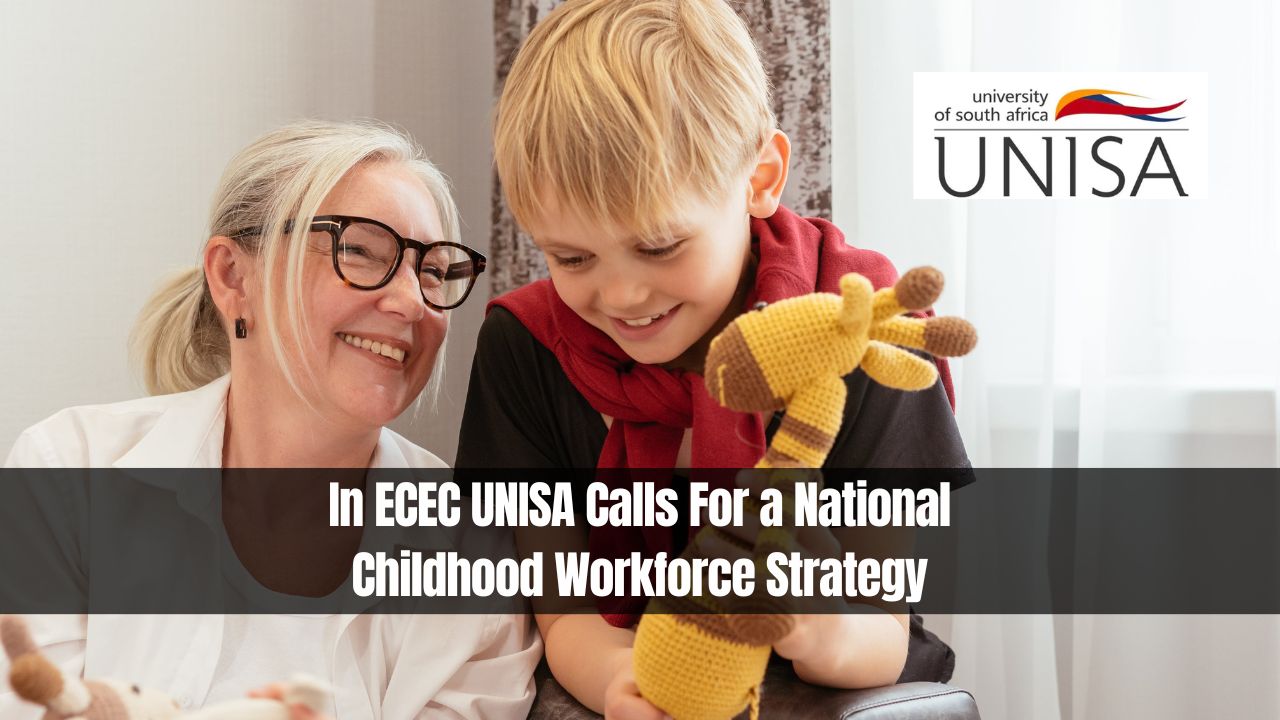In ECEC UNISA Calls For a National Childhood Workforce Strategy. Education experts from the University of South Australia (UNISA) are spearheading a call for a national childhood workforce strategy to enhance male participation in the early childhood education and care (ECEC) sector. This initiative is a crucial component of the recently unveiled Dad’s Alliance Action Plan for the Early Years, designed to facilitate fathers in assuming a more active role in their children lives.
ECEC Gender Disparity
Currently, less than three percent of the ECEC sector comprises male professionals, prompting UNISA Dr. Martyn Mills-Bayne to emphasize the necessity of gender diversity. Dr. Mills-Bayne asserts that the first five years of a child’s life are pivotal for healthy development, underscoring the importance of quality care provided by both men and women.
Positive Male Role Models
Dr. Mills-Bayne highlights the underrepresentation of men in ECEC as potentially detrimental to young children. He stresses that positive interactions between men and women contribute significantly to a child’s healthy development. While center-based care maintains high regulatory standards for education and care quality, there is a notable absence of a gender-diverse early childhood workforce.
Encouraging Men in ECEC
To address this gap, Dr. Mills-Bayne advocates for more concerted efforts to encourage men to join the ECEC sector. He emphasizes the unique contributions men can make, such as fostering ‘rough-and-tumble’ play and providing diverse role models. Breaking down long-established gender stereotypes, he contends, is essential and requires robust support in early childcare and education.
Call to Action for Governments
The UNISA team urges both state and national governments to align with the Dad Action Plan for the Early Years. This collaboration aims to catalyze male involvement in young children’s lives by orchestrating a radical shift in the recruitment and retention of male early childhood educators.
Conclusion
The potential for exponential positive effects on the experiences of our youngest citizens if they are cared for by a diverse group of men and women. The time has come for a collective step forward to break down gender stereotypes and create a more inclusive and enriching environment for the development of future generations.






